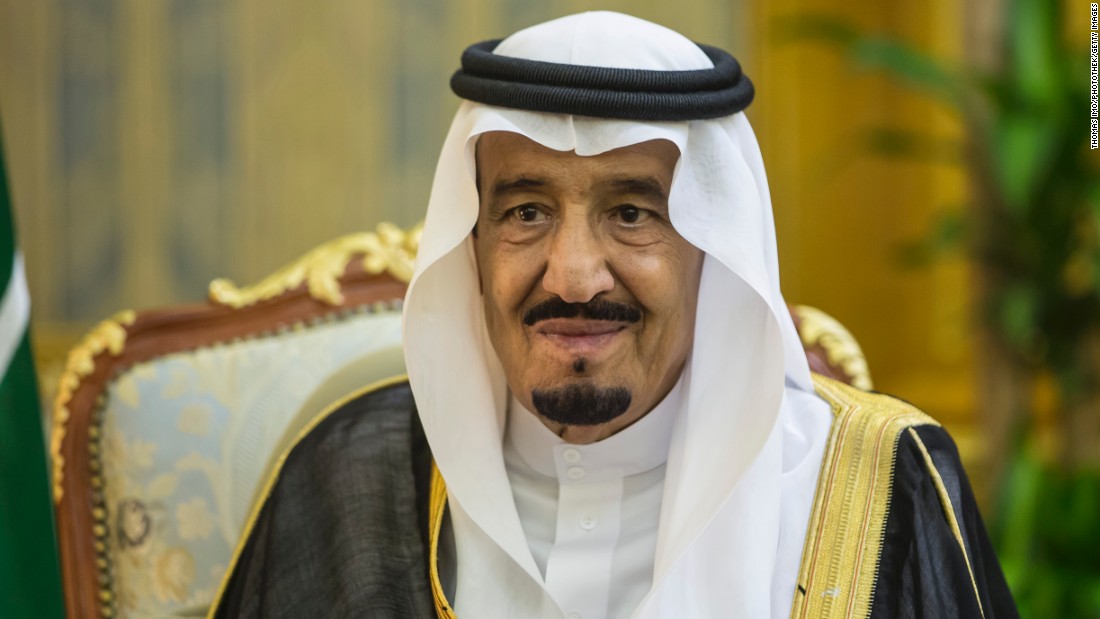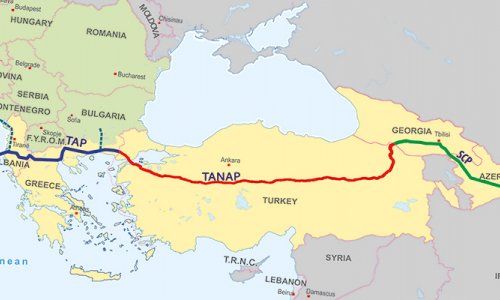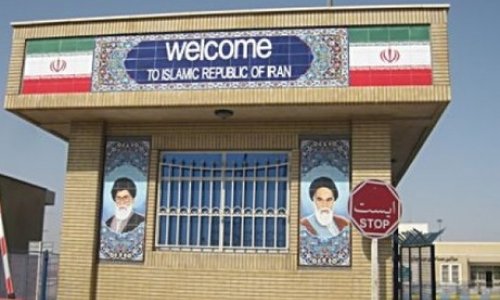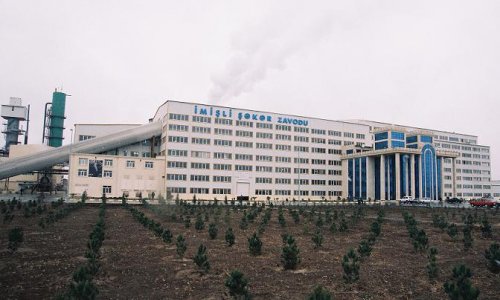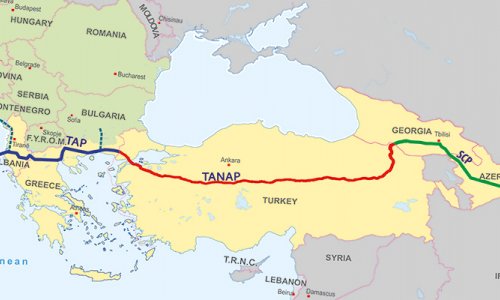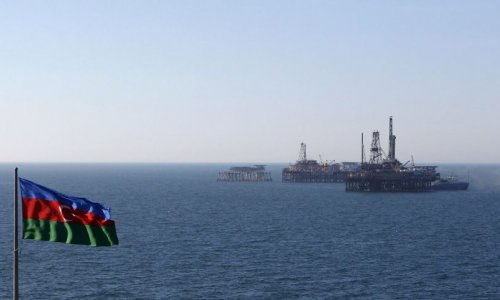Reality has dawned in Saudi Arabia. How long before it dawns in Russia?
That’s a question which promises to be one of the most interesting of the next decade with one of the world’s great "petro-states” rushing to modernize as low oil prices bite, while the other struggles to cope with multiple problems.
Saudi Arabia is the country where a small revolution has started in the form of reduced government spending, higher prices for water, electricity, and housing, and higher taxes on a pampered population.
Selling The Crown Jewels
But the big move, which is yet to be confirmed is a plan to sell an interest in the country’s crown jewels, the Saudi Arabian Oil Company (Saudi Aramco), and if not that then an interest in a number of oil-refining assets.
If listed on a stock exchange Saudi Aramco would easily be the world’s biggest company valued at anywhere between $1 trillion and $3 trillion thanks to its 260 billion barrels of oil reserves and daily production of 10 million barrels a day.
The politics behind the economic changes are almost as interesting with the execution of a cleric close to Iran triggering a classic Middle East spat between the two main branches of Islam.
One description of what’s happening in Saudi Arabia is that it is preparing for a "Thatcherite” revolution similar to that engineered by the late British Prime Minister, Margaret Thatcher, when she fought and won an industrial war against the union movement.
In The Name Of Thatcher
The upshot of the Thatcher years was the modernization of the British economy.
In the Saudi capital, Riyadh, stirrings of a similar rush to change are emerging, led by Crown Prince, Muhammad bin Salman who has recognized that the era of high oil prices is over, and it could be decades before there is a return, if ever.
With an estimated 90% of Saudi government income based on oil production the collapse in the price of oil has dealt a painful blow to the country’s economy with the budget deficit exploding to 15% of gross domestic product.
Money Worries
For now, Saudi Arabia can ride out the oil crisis thanks to foreign reserves believed to stand at around $550 billion. The problem, however, is that those reserves stood at $650 billion in the middle of last year.
Other troubling signs have woken the ruling class in Riyadh, including a workforce where more than half are employed by the government and where central planning has had a stultifying effect on the economy.
In some ways Saudi Arabia shares the same problems as Russia where over-reliance on oil has led the country up a blind alley with problems magnified by western world sanctions over an invasion by stealth in Ukraine and, more recently, a military adventure in Syria.
Russia’s Oil Crisis
Low oil, sanctions and an economy dominated by a handful of businessmen close to the political elite led by the country’s President, Vladimir Putin, has produced a disastrous period for Russia with its economy shrinking and its currency collapsing.
It could get worse for both Russia and Saudi Arabia if the oil price remains stuck at less than $40 a barrel, and dangerously worse if the price falls below $30/bbl.
Saudi Arabia has seen the risks and opted to modernize while it can and while it can deploy is savings on encouraging new industries while also developing new sources of tax revenue.
Russia does not appear to have the same options with a cash reserves having already shrunk to $100 billion and are set to disappear completely in the next year if the oil price does drop to $30/bbl and stays there.
Another big difference is that Saudi Arabia has rich and powerful friends keen to help with weaning the country’s economy off its oil-only diet. Russia does not.
What Next?
What happens next could prove to be critically important.
If Saudi Arabia is able to orchestrate a Thatcher-like revolution it has the potential to emerge as the leader of the Middle East, a situation which would please the western world, especially the U.S.
If Russia cannot wean itself off a petroleum-only diet it will become an even more dangerous and isolated place that it is at present.
The key to future events is the oil price with Saudi Arabia and Russia praying in their own particular ways for higher prices, but with Russia praying the hardest.
(Forbes)
www.ann.az
Follow us !

